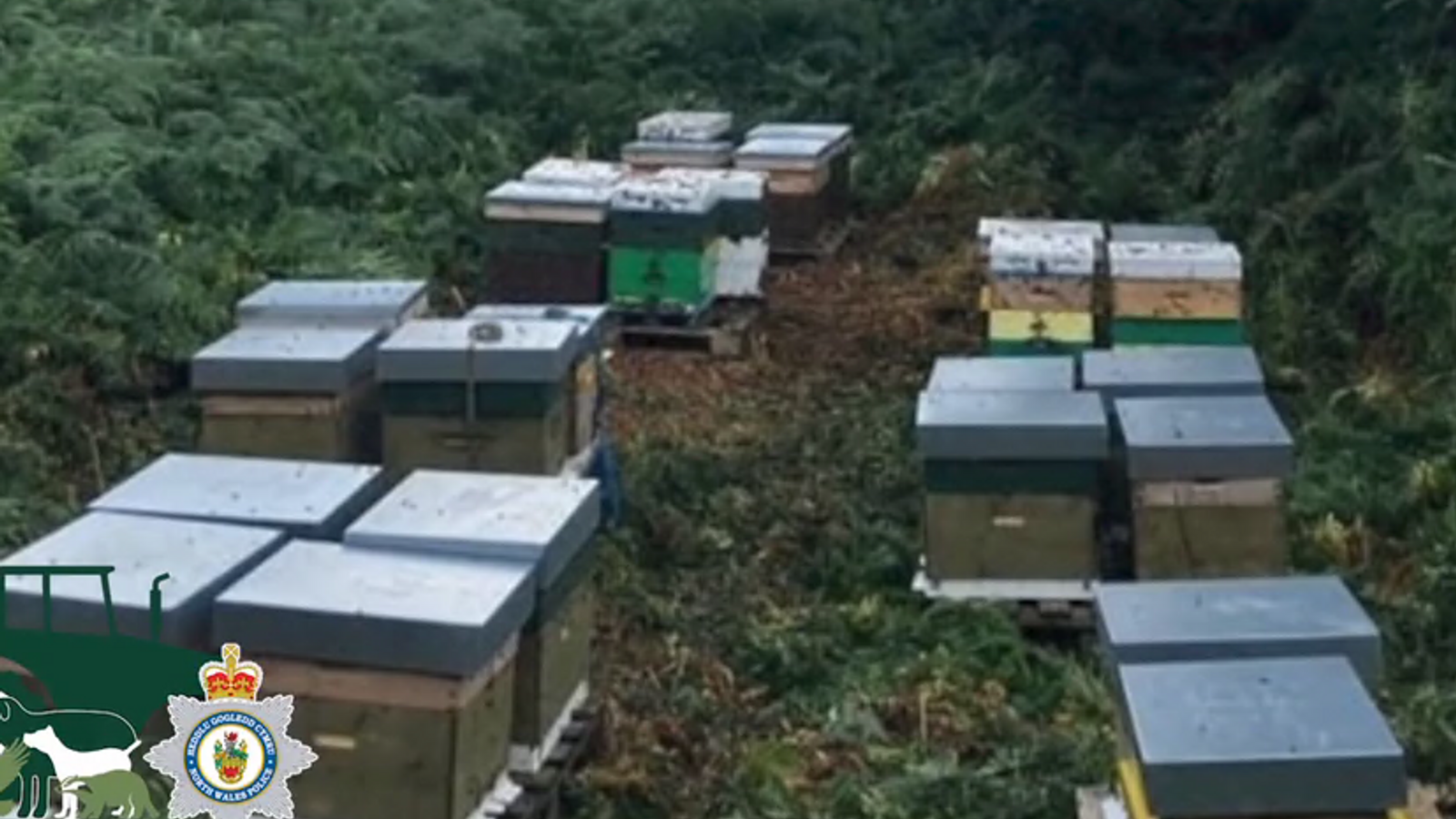- 7 Posts
- 42 Comments
The mod has been consistently going since 2005, so they’ve had a lot of time to build up assets! There’s a lot of snazzy new features, but everything still aims to integrate with Freelancer’s original setting and lore. Mixed success, but it works more often than not. There’s a community Discord if you wanted to take a look around or ask questions.

 1·8 months ago
1·8 months agoDo you know where that link happened to be? I’m wondering if it could be dredged up with the Wayback machine.

 1·8 months ago
1·8 months agoWe’ve got a Discord server if you want to drop by and take a look around. :)

 2·8 months ago
2·8 months agoYep! Discovery alone has been going since 2006, and has had a 24/7 multiplayer server running consistently that entire time (barring minor outages from faults and attacks). Pretty incredible really.
I also don’t like thinking about it because I first registered an account on their forum in 2007… really puts the inexorable march of time into perspective.

 6·8 months ago
6·8 months agoYou can host your own server too, although there’s a few steps you need to follow to get FLServer working properly. There’s instructions on the Discovery forums for that.

 2·11 months ago
2·11 months agoI’m on the flight path of a pair of these that do aerial tours. Very distinctive noise and silhouette, always fun to listen to them fly overhead.

 5·11 months ago
5·11 months agoFreelancer is 2003 Microsoft abandonware which still has an online mod community. Most prominent is probably the Discovery mod, which hosts a 24/7 RP server.
I’d just suggest that this is a defacto ban based on the current requirements.
If bots are going to be command triggered and require pre-approval by individual community moderators, I think it would be prudent to include an index of registered bots + commands in the community info pages.
Currently I can’t think of any reasonable way for a Beehaw user to know which bots are operational and what their commands are. If bots need to be command triggered but there’s no way to find out which ones are functional, why approve them to begin with?

 7·11 months ago
7·11 months agoBBC Good Food is quite good. The website is basically a big book of recipes, but tailored to all levels of experience.
When they ask you to do something, there’ll usually be a hyperlink to an article covering that particular thing.
Often there will also be demonstration videos as well, which can be handy.

 26·11 months ago
26·11 months agoIt’s an unmoderated kbin magazine. Nothing to be done but block it and move on.

 6·11 months ago
6·11 months agoThat’s a hell of a nostalgia trip. Freelancer is probably my all time favourite game, and I had literally a decade of fond memories of Disco before I eventually drifted off.
What’s it looking like these days? The pop count and surviving factions were looking a little sad the last time I checked in a year or two ago.

 9·11 months ago
9·11 months agoThe two YouTube links from Haelian in my summary set up the context for why this is really hard, and then commentary on the actual run itself.

 131·11 months ago
131·11 months agoThose last few seconds were absolutely hair-raising, even if we already knew how it was going to end!

 19·11 months ago
19·11 months agoSee you in 200 hours, enjoy!
Also, if you’re playing for the first time maybe don’t watch those videos until you’ve completed at least one run for spoiler reasons.

 11·11 months ago
11·11 months agoBots can be extremely useful and the flexibility of where and how bots could work was one of the things that made Reddit popular. Before, well, y’know.
Bespoke bots can also allow particular communities to develop local features or functionality. I assume Lemmy’s mod tools are fair bare bones right now too, so I suspect someone, somewhere is probably working on an automod toolkit.
Bots should be allowed, but must be flagged. I don’t know if it’s a default lemmy option, but the app I use has a toggle to hide bot accounts if you don’t want to see them.
That said, I would very much prefer if bots were restricted to just making comments rather than posts. Certain communities have bots that automatically post article links and they completely blanket feeds sorted by new until you block the account.

 52·11 months ago
52·11 months agoIt just blows my mind to see all the different ways people will bend over backwards and then contort into a pretzel to try and blame the US for causing and perpetuating a war that Russia is exclusively culpable for…

 161·11 months ago
161·11 months agohttps://www.plymouth.ac.uk/discover/why-are-artificial-lawns-bad-for-the-environment
Minimising the objections down to that and then writing them all off as NIMBYism is such an absurd strawman.
I agree that non traditional lawns are better, but that definitely does not include artificial pitch.

 8·11 months ago
8·11 months agosince C2PA relies on creators to opt in, the protocol doesn’t really address the problem of bad actors using AI-generated content. And it’s not yet clear just how helpful the provision of metadata will be when it comes to media fluency of the public. Provenance labels do not necessarily mention whether the content is true or accurate.
Interesting approach, but I can’t help but feel the actual utility is fairly limited. For example, I could see it being useful for large corporate creative studios that have contractual / union agreements that govern AI content usage.
If they’re using enterprise tools that build in C2PA, it’d give them a metadata audit trail showing exactly when and where AI was used.
That’s completely useless in the context where AI content flagging is most useful though. As the quote says, this provenance data is applied at the point of creation, and in a world where there are open source branches of generation models, there’s no way to ensure provenance tagging is built in.
This technology is most needed to combat AI powered misinformation campaigns, when that is the use case this is least able to address.

 5·11 months ago
5·11 months agoIn the EU and UK, public bodies contribute to mapping data by publishing large amounts of geospatial data using interoperable standards that can be commercially exploited.
This is set in the EU through the INSPIRE Directive, and while the UK is now off doing their own thing, they still use the same standards.
https://inspire.ec.europa.eu/inspire-directive/2
https://guidance.data.gov.uk/publish_and_manage_data/harvest_or_add_data/inspire/








Don’t know if you’ve tried this before, but there at a few guides for getting the mod working on Linux. This might help?
https://discoverygc.com/forums/showthread.php?tid=147190